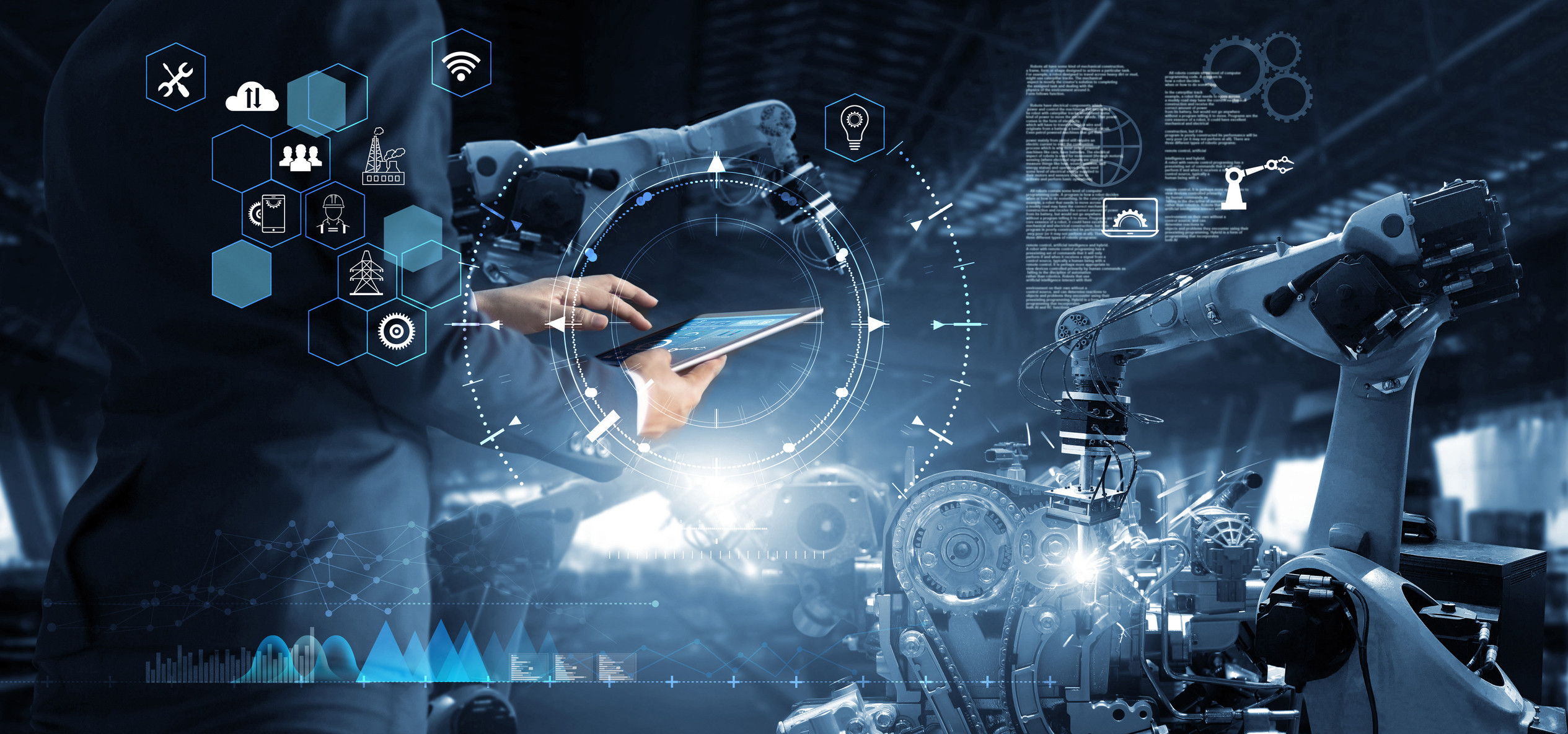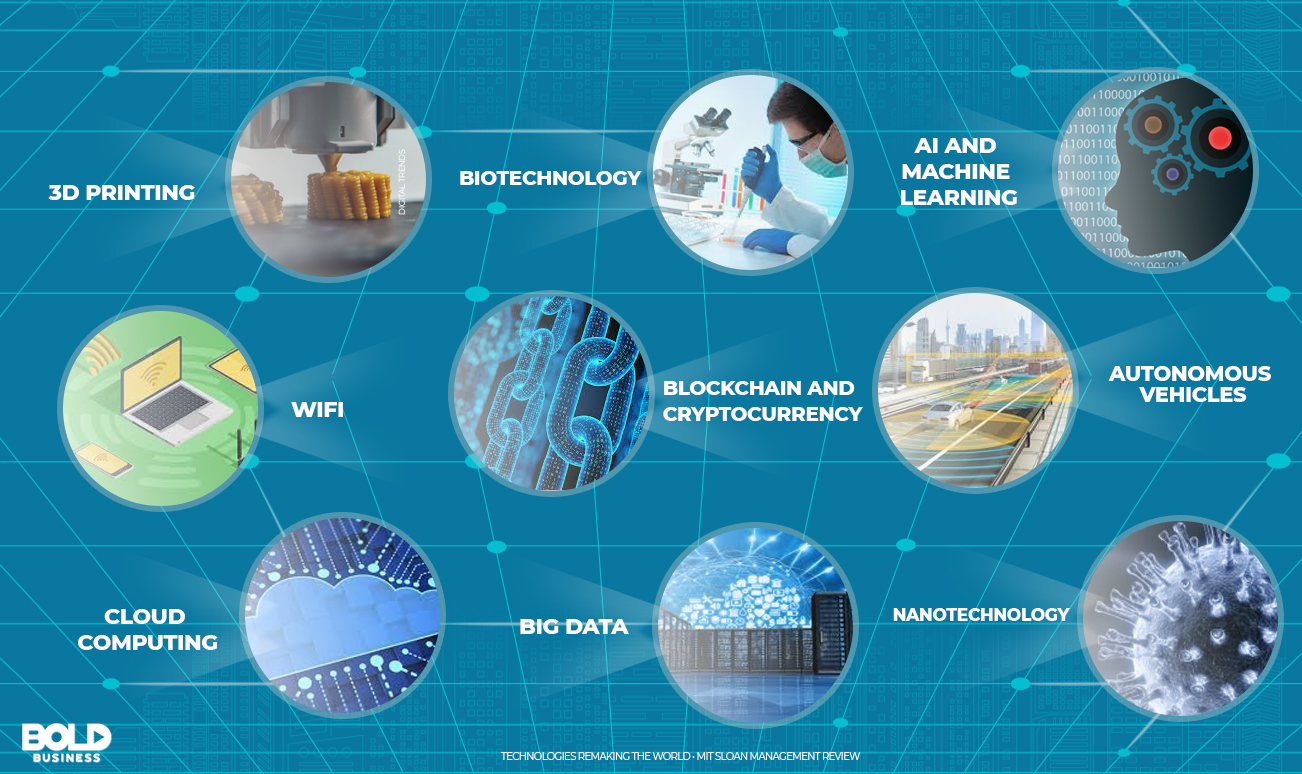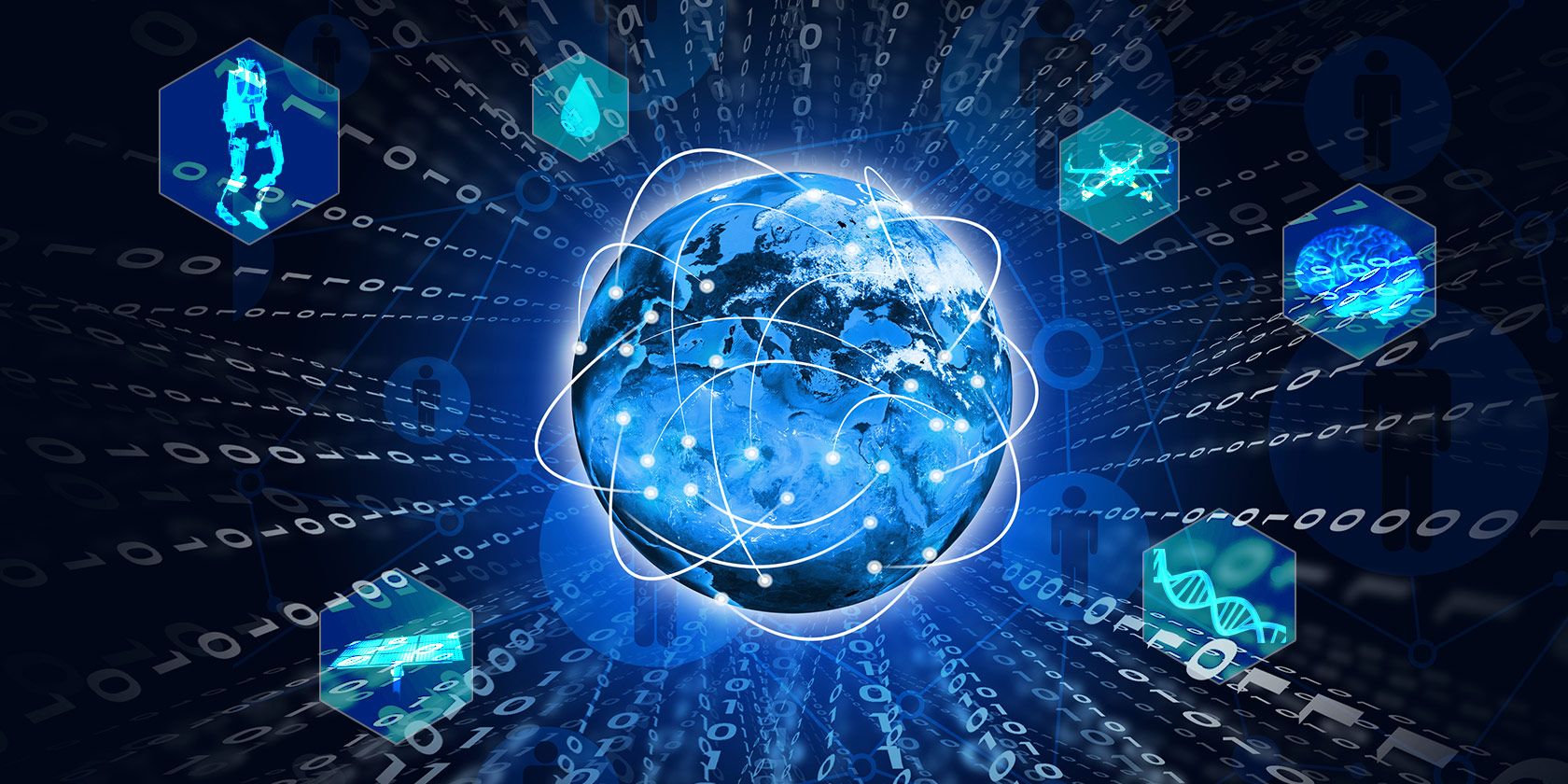The Future Of Integration: A Speculative Technological Landscape For 2025
The Future of Integration: A Speculative Technological Landscape for 2025
The Future of Integration: A Speculative Technological Landscape for 2025
Introduction
With great pleasure, we will explore the intriguing topic related to The Future of Integration: A Speculative Technological Landscape for 2025. Let’s weave interesting information and offer fresh perspectives to the readers.
Table of Content
The Future of Integration: A Speculative Technological Landscape for 2025

The year 2025 is rapidly approaching, and with it comes a wave of technological advancements poised to revolutionize how we live, work, and interact with the world. One particularly impactful trend is the accelerating convergence of technologies, leading to a future defined by seamless integration. This article explores the potential landscape of "2025 integra a spec tech," examining the key technological pillars driving this convergence and its implications across various sectors.
The Building Blocks of Integration:
Several key technologies are paving the way for a future dominated by integrated systems. These include:
- Artificial Intelligence (AI): AI is rapidly evolving, becoming increasingly sophisticated and capable of performing tasks previously thought to be exclusively human. From automating complex processes to analyzing vast datasets and generating insights, AI is poised to become a fundamental component of integrated systems.
- Internet of Things (IoT): The IoT refers to the interconnected network of physical devices, vehicles, and other objects equipped with sensors, software, and connectivity. This vast network enables the collection and exchange of data, facilitating the development of intelligent systems that can monitor, control, and optimize various aspects of our lives.
- Cloud Computing: Cloud computing provides the infrastructure, software, and services necessary to support the data-intensive operations of integrated systems. Its scalability and flexibility allow for seamless integration of diverse technologies and applications, enabling the creation of powerful and adaptable solutions.
- 5G and Beyond: The rollout of 5G and subsequent generations of wireless technology is significantly increasing network speeds and capacity, enabling the efficient transmission of large volumes of data required for real-time communication and control within integrated systems.
- Blockchain Technology: Blockchain, known for its secure and transparent distributed ledger, is increasingly being explored for its potential to enhance trust, transparency, and efficiency in integrated systems. It can facilitate secure data sharing, streamline complex processes, and enable decentralized control.
Implications of 2025 Integra a Spec Tech:
The integration of these technologies is poised to have profound implications across various sectors, including:
- Healthcare: Integrated systems can revolutionize healthcare by enabling personalized medicine, remote monitoring, and predictive diagnostics. AI-powered tools can analyze patient data, identify potential risks, and recommend personalized treatments. The IoT can connect patients to their healthcare providers, allowing for real-time monitoring and intervention.
- Manufacturing: Integration can optimize manufacturing processes, leading to increased efficiency, reduced waste, and improved product quality. AI can analyze data from sensors and other sources to predict potential issues, optimize production schedules, and improve supply chain management.
- Transportation: Autonomous vehicles, powered by AI and connected through 5G networks, are poised to transform transportation systems. Integrated systems can optimize traffic flow, reduce congestion, and enhance safety on roads.
- Finance: Financial services are being transformed by the integration of blockchain technology, enabling secure and transparent transactions. AI can analyze financial data, detect fraudulent activities, and provide personalized financial advice.
- Education: Integration can personalize learning experiences, providing students with tailored content and support. AI can analyze student performance and adapt learning materials to individual needs. The IoT can connect students to their teachers and peers, fostering collaborative learning environments.
Benefits of 2025 Integra a Spec Tech:
The integration of these technologies offers numerous benefits, including:
- Increased Efficiency: Integrated systems can automate tasks, streamline processes, and optimize resource allocation, leading to significant increases in efficiency across various sectors.
- Enhanced Productivity: By automating repetitive tasks and providing real-time insights, integrated systems can free up human resources to focus on more complex and creative endeavors, boosting productivity.
- Improved Decision-Making: Integrated systems can analyze vast amounts of data and provide actionable insights, enabling better informed decision-making across various industries.
- Personalized Experiences: Integration can tailor products, services, and experiences to individual preferences, creating a more personalized and engaging user experience.
- Greater Sustainability: Integrated systems can monitor and optimize resource consumption, leading to reduced waste and a more sustainable future.
FAQs:
-
What are the potential challenges associated with 2025 integra a spec tech?
- One significant challenge is ensuring data security and privacy in a highly interconnected world. Robust cybersecurity measures are crucial to protect sensitive information from unauthorized access.
- Another challenge is the potential for job displacement as automation and AI take over tasks previously performed by humans. It is crucial to invest in education and retraining programs to prepare the workforce for the changing landscape.
- Ethical considerations also arise, particularly regarding the potential for bias in AI algorithms and the need for responsible development and deployment of these technologies.
-
How can governments and businesses prepare for the integration of these technologies?
- Governments can play a key role in fostering innovation by investing in research and development, supporting startups, and creating regulatory frameworks that encourage responsible development and deployment of these technologies.
- Businesses need to invest in training their employees to adapt to the changing landscape, adopt new technologies, and embrace the opportunities presented by integration.
- Collaboration between government, industry, and academia is essential to address the challenges and maximize the benefits of integrated systems.
Tips for Navigating 2025 Integra a Spec Tech:
- Embrace Continuous Learning: The rapid pace of technological change necessitates a commitment to continuous learning. Stay informed about emerging trends and technologies to adapt to the evolving landscape.
- Develop Digital Skills: Invest in developing digital skills such as data analysis, programming, and AI literacy. These skills will be essential for navigating a future dominated by integrated systems.
- Foster a Culture of Innovation: Encourage a culture of experimentation and innovation within your organization. Embrace new technologies and explore their potential to improve processes and create new opportunities.
- Prioritize Ethical Considerations: As integrated systems become more prevalent, it is crucial to prioritize ethical considerations. Develop guidelines and frameworks to ensure responsible development and deployment of these technologies.
Conclusion:
The integration of AI, IoT, cloud computing, 5G, and blockchain technology is poised to create a fundamentally different world by 2025. This "2025 integra a spec tech" landscape promises significant benefits in terms of efficiency, productivity, and personalization, but it also presents challenges that need to be addressed. By embracing continuous learning, developing digital skills, fostering innovation, and prioritizing ethical considerations, individuals and organizations can navigate this transformative era and harness the power of integrated systems to create a brighter future.








Closure
Thus, we hope this article has provided valuable insights into The Future of Integration: A Speculative Technological Landscape for 2025. We thank you for taking the time to read this article. See you in our next article!